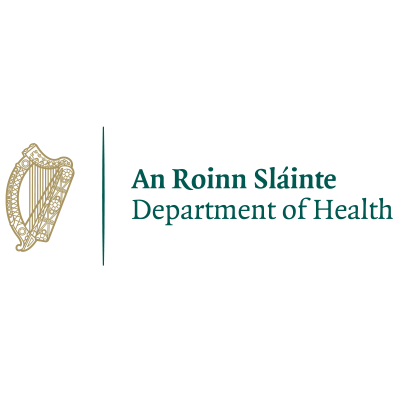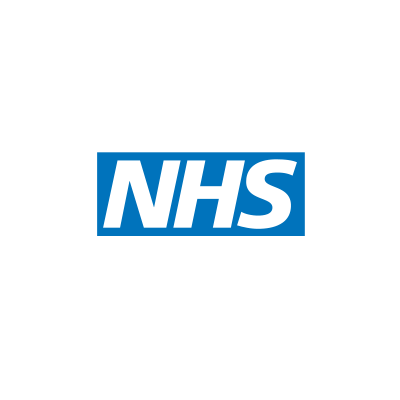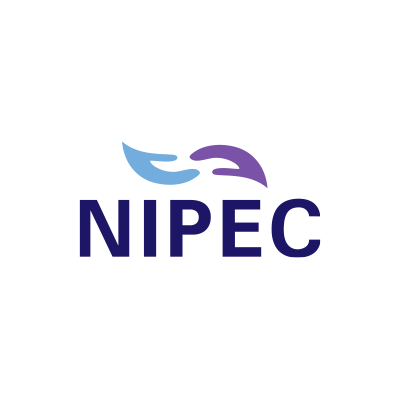My name is Esther and I’m a district nurse.
Community care is important to me as it fully aligns with my values of looking after the whole person, providing holistic care, and understanding somebody within their own setting. If we can treat people at home and keep them out of hospital that is good for them and good for the hospital system.
I do this because it provides me the opportunity to care for patients and make a difference to the quality of life they have at home.







